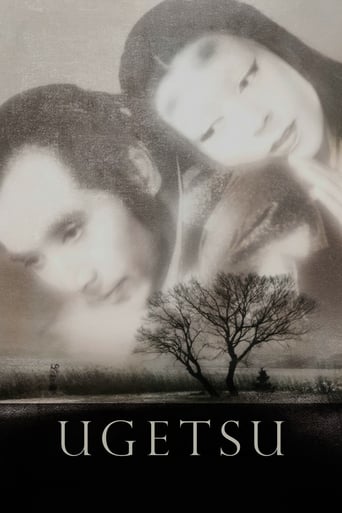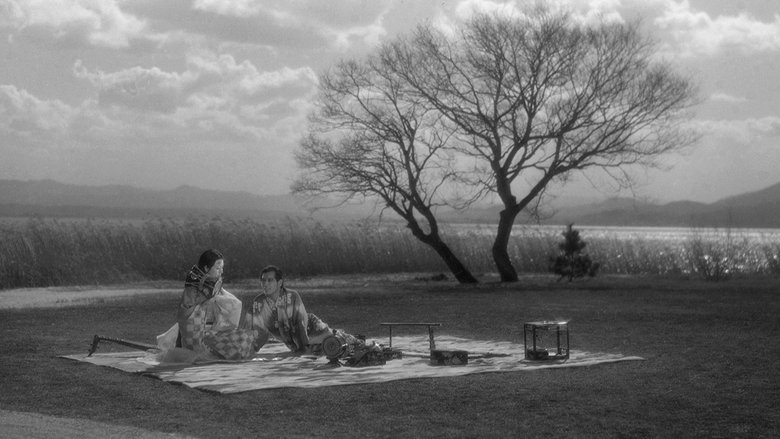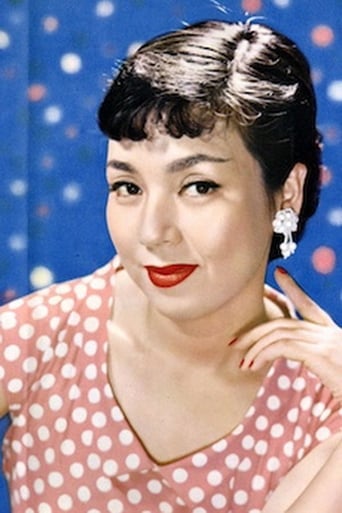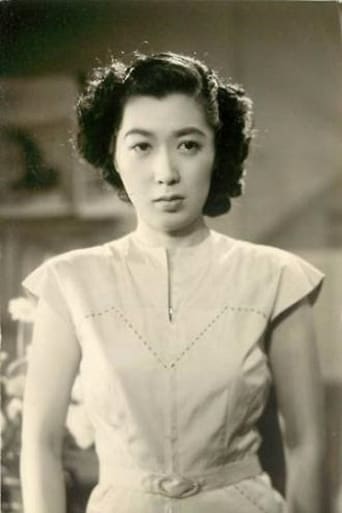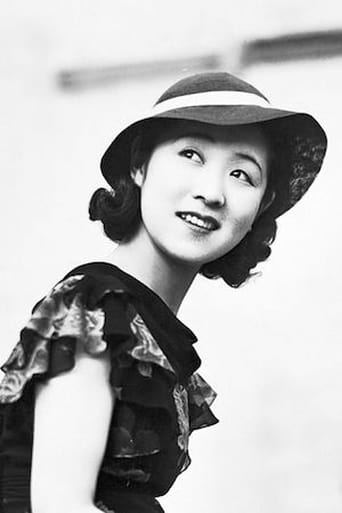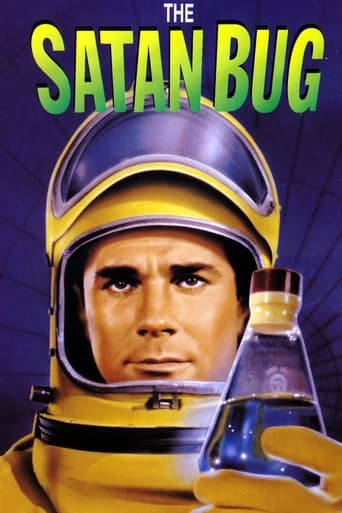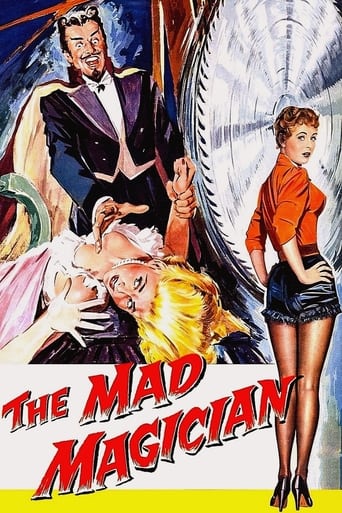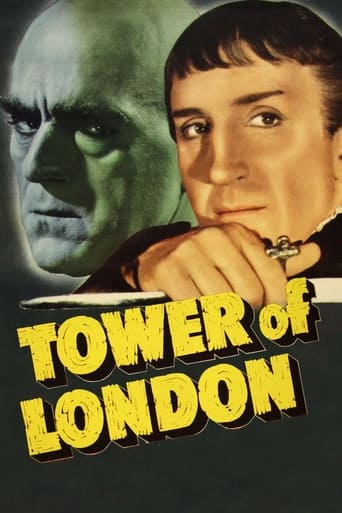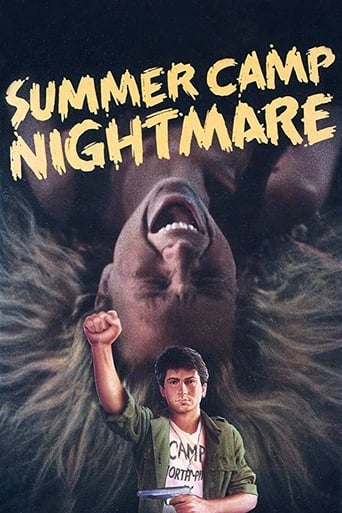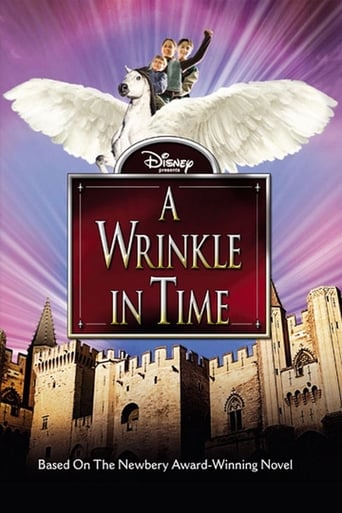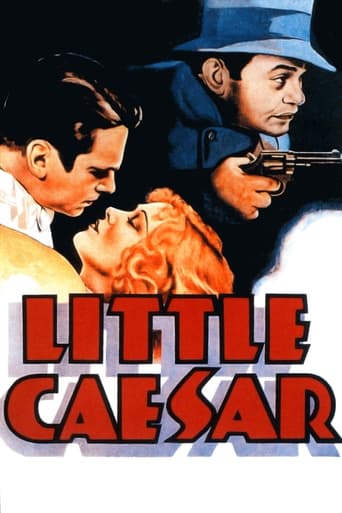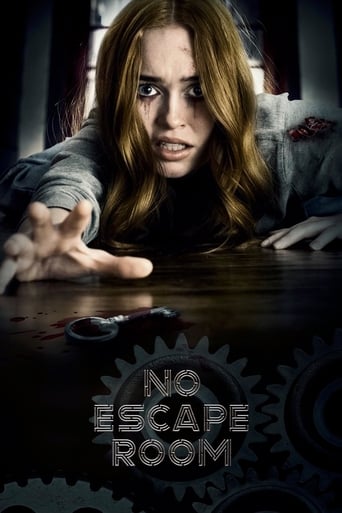Ugetsu (2014)
In 16th century Japan, peasants Genjuro and Tobei sell their earthenware pots to a group of soldiers in a nearby village, in defiance of a local sage's warning against seeking to profit from warfare. Genjuro's pursuit of both riches and the mysterious Lady Wakasa, as well as Tobei's desire to become a samurai, run the risk of destroying both themselves and their wives, Miyagi and Ohama.
Watch Trailer
Cast


Similar titles
Reviews
Really Surprised!
Purely Joyful Movie!
Easily the biggest piece of Right wing non sense propaganda I ever saw.
It's a good bad... and worth a popcorn matinée. While it's easy to lament what could have been...
This Japanese film is one of many I found because it was featured in the book 1001 Movies You Must See Before You Die, and it was rated very highly by critics, so I was looking forward to sitting down and watching it, directed by Kenji Mizoguchi (The Story of the Last Chrysanthemums, Sansho Dayu). Basically set in the 16th century, in the farming village Nakanogō, on the shore of Lake Biwa in Ōmi Province, it is the beginning of Spring, during the period of the Japanese Civil Wars. Family man farmer and craftsman Genjurô (Masayuki Mori) travels to Nagahama, he plans to sell his wares and make a small fortune, he is joined by his neighbour Tobei (Eitarô Ozawa), who has a foolish dream to become a samurai, but he cannot afford the outfit. Genjurô and Tobei become greedy working together, manufacturing clay potteries, and selling the pieces to enrich themselves, but the army of the cruel Shibata Katsuie is invading their home village, Genjurô's wife Miyagi (Kinuyo Tanaka) and Tōbei's wife Ohama (Mitsuko Mito) are worried and warn their ambitious husbands. The village is looted, but the families flee and survive, Genjurô and Tobei decide to travel with them by boat to the city, however, following a pirate attack, Genjurô leaves Miyagi behind, promising to return in ten days. Genjurô, Tobei and Ohama make a good amount of money selling the pottery, but Tomei leaves his wife to buy the samurai outfit and seek fame and fortune. It is after presenting the severed head of an army general to a commander that Tobei is rewarded with armour, a mount, and a retinue, he returns looking for Ohama eager to show her, he is shocked to find she has been working in a brothel as a prostitute. Meanwhile female aristocrat Lady Wakasa (Machiko Kyô) shows an interest in the pottery, invites Genjurô to her mansion and tries to seduce him. In the end, Tobei throws his armour into a river and returns with Ohama to Nakanogō, while Genjurō had been dreaming of reuniting with Miyagi, but after returning to reality his neighbour tells him that his wife is dead, but her spirit assures him she will always be with him. I did my best to concentrate as much as possible, carefully reading the subtitles and keeping up with what was going, it was a fairly simple story of two peasants trying to support themselves and their families, but having consequences in doing so, specifically for their wives, there are some really good visuals, and the costumes are indeed impeccable, what I can remember, all in all it was an interesting period melodrama. It was nominated the Oscar for Best Costume Design. Very good!
Director Kenji Mizoguchi's film is based on the 18th century supernatural stories in the Ugetsu Monogatari (Tales of Moonlight and Rain), and takes place during civil warfare in 16th century Japan. Despite the concerns of his wife, a potter seeks to take risks and profit from the chaos of war. His friend has the desperate ambition to become a samurai, despite not being of the right class or even possessing the armor necessary. It's this desire for money and fame, as opposed to being cautious and content, that will prove to be the men's undoing. The potter will meet a young woman from a market who turns out to be an alluring phantom, a Japanese Circe of sorts, and so the desire for sensual pleasure is added to these temptations.Machiko Kyo plays Lady Wakasa, the temptress, and it's interesting as her true nature and emotions are gradually revealed. Unfortunately the role of the would-be samurai is comically overacted by Eitaro Ozawa, which took away from my enjoyment. There are some beautiful shots, such as a boat slowly disappearing into the mist and fog, as well as great moments, such as when the samurai reunites with his wife under very different circumstances (which I won't spoil), and the film is certainly well done and worth watching. However, the story is a bit too much of a morality tale for my taste: the men put their wives at risk through the temptations of money, fame, and sex, and, well, of course bad things happen. The film clearly has a place in film history, but I find it hasn't aged as well as other classics.
Along with Akira Kurosawa's "Rashomon", "Ugetsu" was responsible for breaking Japanese cinema out of it's native land. The story is set during a civil war, where a farmer lives happily with his wife and son, as well as a friend who dreams of leaving his impoverished state to become a samurai. After finding some success, exploiting the war to make a grand profit, their greed brings them away from their wives: one into realizing his samurai ambitions, the other to the home of a pale beauty.Much has been said of the film's visual splendor. One can see here the beginnings of the sort of imagery that dominates your typical studio ghibli film, only much more bombastic. For my part, I prefer Mizoguchi's, in comparison, understated approach. Maybe not as impressive initially, but it lingers in the mind for much longer. There's really not any still shorts that do justice to the film's imagery, one must see the movements of the camera to appreciate what's on the screen. Even the most simple of moments seem more potent under Mizoguchi's proverbial eye. Adding to that is the music, which is almost surreal in how it conveys both sorrow and the fantastic.If the emphasis on visual and sounds is making it seem like Ugetsu is just a pretty but vacuous spectacle, it absolutely is not. The technical prowess only underlies the beauty of the story. On paper, the story and characters are very simple. What makes the characters realized are the incredible performances. The most powerful moments in the movie are expressed through the face. Despite the short running time giving little time to establish the character's relations, there is such a genuine chemistry among them that the significance of these bonds isn't taken for granted as it may often be in these sorts of films. Make no mistake, Genjuro loves his family, even if he isn't always appreciative. One small but wonderful moment is when he's shopping for a yukata for her, and sees an image of her holding one over herself. Genjuro's journey is the main one and the heart of the movie, with Tobei's darkly comical journey as much more of a side story.and one can't talk about Ugetsu without mention of it's ending. I won't spoil but I will say it ranks alongside another Mizoguchi masterpierce, "Sansho the Baliff", as one of the greatest, most powerful endings to a film. and it is this ending wherein one, perhaps like Genjuro himself, takes more notice of the little moments that suddenly take much more significance.This is the only film where, upon first viewing, I watched it again within 24 hours. The first time I was sad but overwhelmed, like I wasn't sure I liked it except for the ending. But repeat viewings have convinced me that there's an elusiveness to this movie: as much as I've said, I still feel like I don't fully understand the power this film has.Absolutely recommended.
Ugetsu, or Ugetsu monogatari, took the world by storm when it was released in the 50s, helping to popularize Japanese cinema in the West. Even nowadays it is hailed as one of the best to come out of Japan. It tells the story of two families that try to seek their fortunes while a war rages near their lands. Its messages are those of knowing your place, not extending your reach, avoiding the temptations of glory and flesh, the safety of home and most importantly the fact that sometimes the past and the afterlife are not yet ready to leave this world.It's a multilayered story, focusing mostly on the husbands of the two families, as they travel to a distant marketplace in the midst of war in order to sell their pottery. Along the way they both face struggles and temptations that delay their return home. The contrast rises from the fact that whereas one of them is lead astray by his own need for glory, the other is seduced by a source he had no way of anticipating. Likewise the two wives deal with the missing of their husbands in very different manners, creating contrast.The reason why I haven't ranked this movie any higher is because I have slight problems with Japanese live action cinema in general. More accurately with its pacing. Ugetsu is a slow film. Its tone is also surprisingly flat, which is another thing I've often noticed in Japanese films. It's a cultural thing, I have no doubt about it, but the fact still remains that I have problems identifying with any of the characters or the events because they're all performed with minimal emotions. Horrible things happen, but the expressions on the people's faces hardly change. Or, when the characters finally show any emotions, they overact. Most of the emotions have to be read from the context or from the dialogue. This stems from the heavy traditions of Japanese theatre, and while I respect it, I simply don't like it.Ugetsu is an artistic film. It has heavy, deeply layered themes, archetypical plot and characters struggling against their fates. Definitely worth checking out if you're looking for a deeper movie experience. Personally I don't like it all that much, but I have a lot of respect for it.

